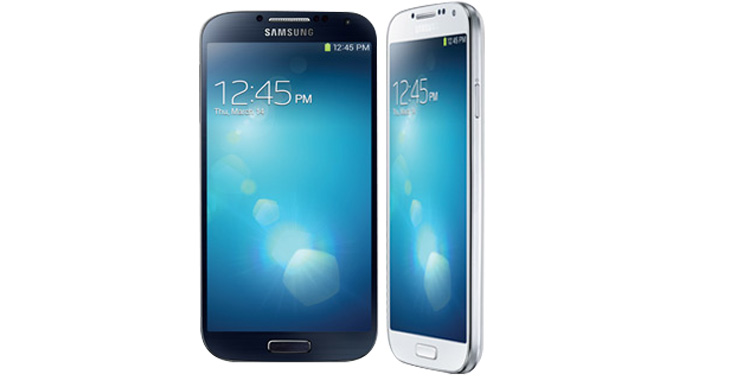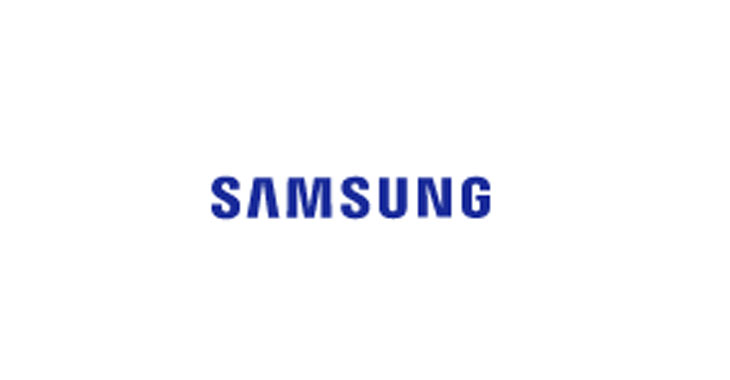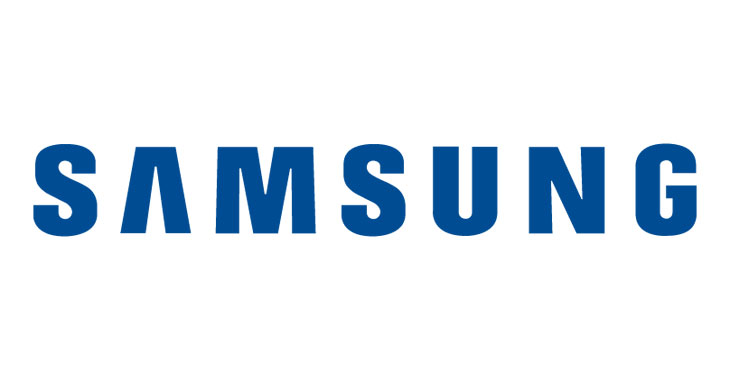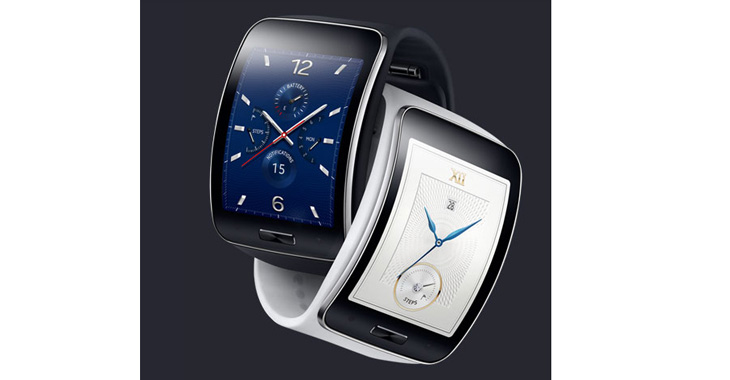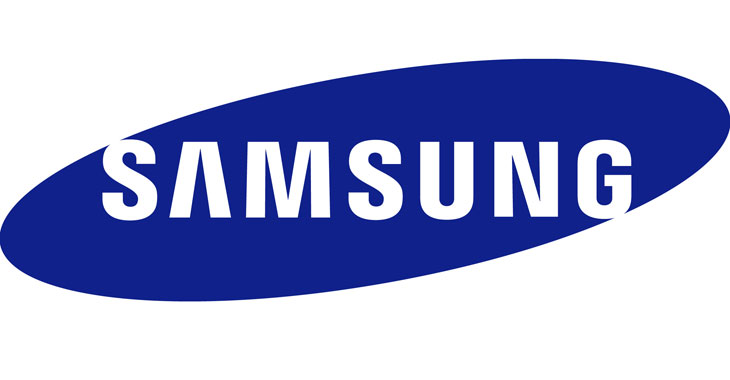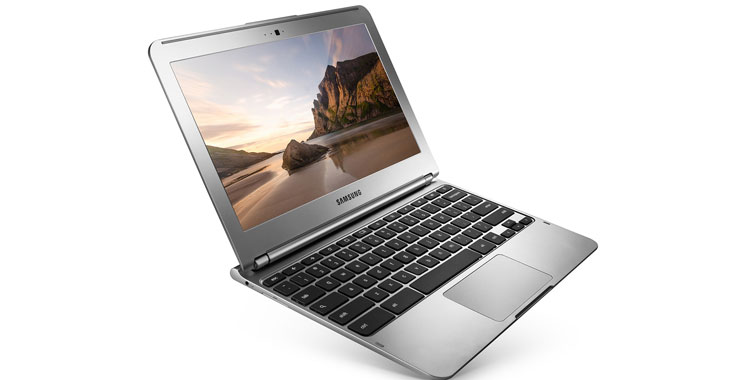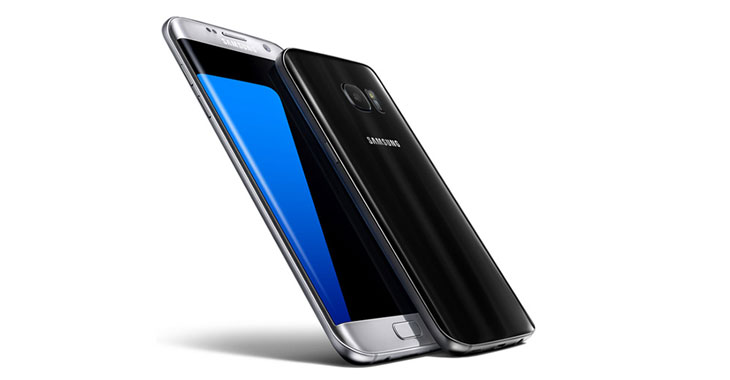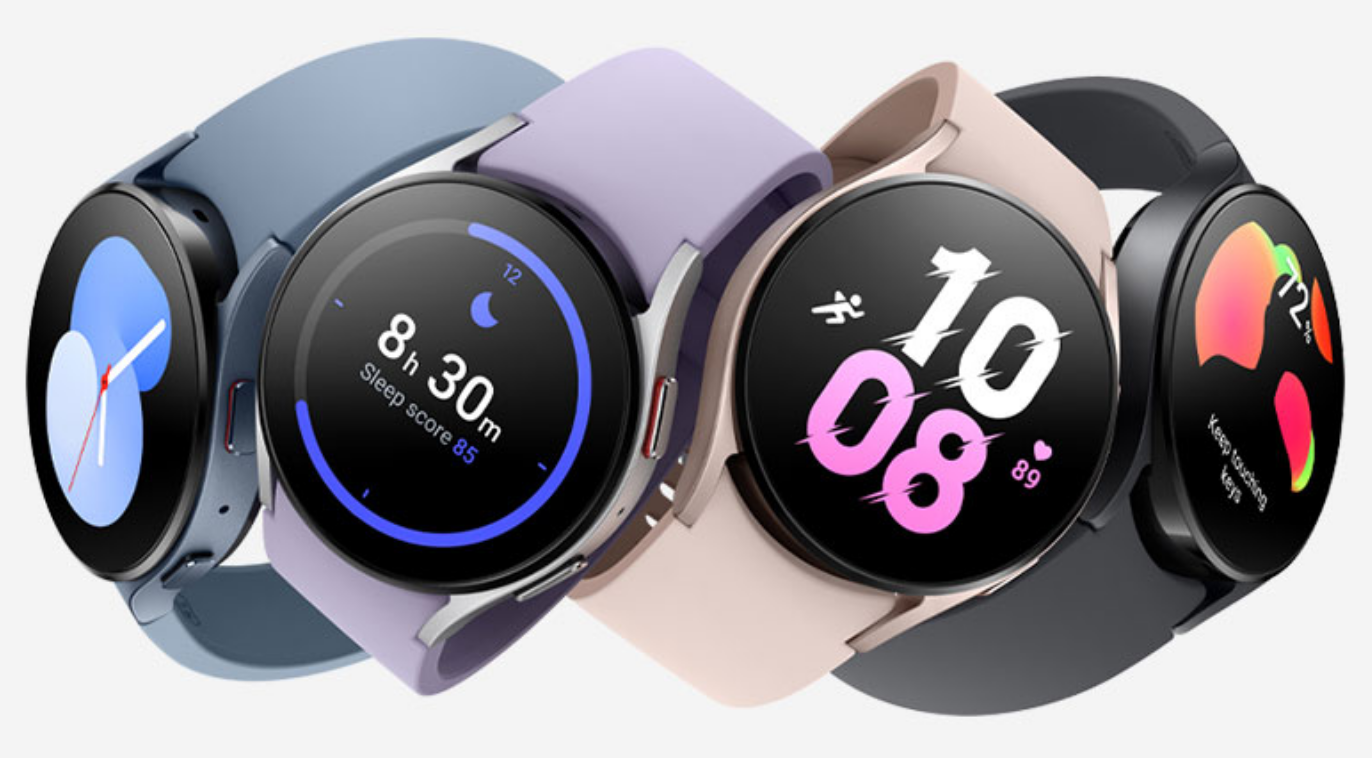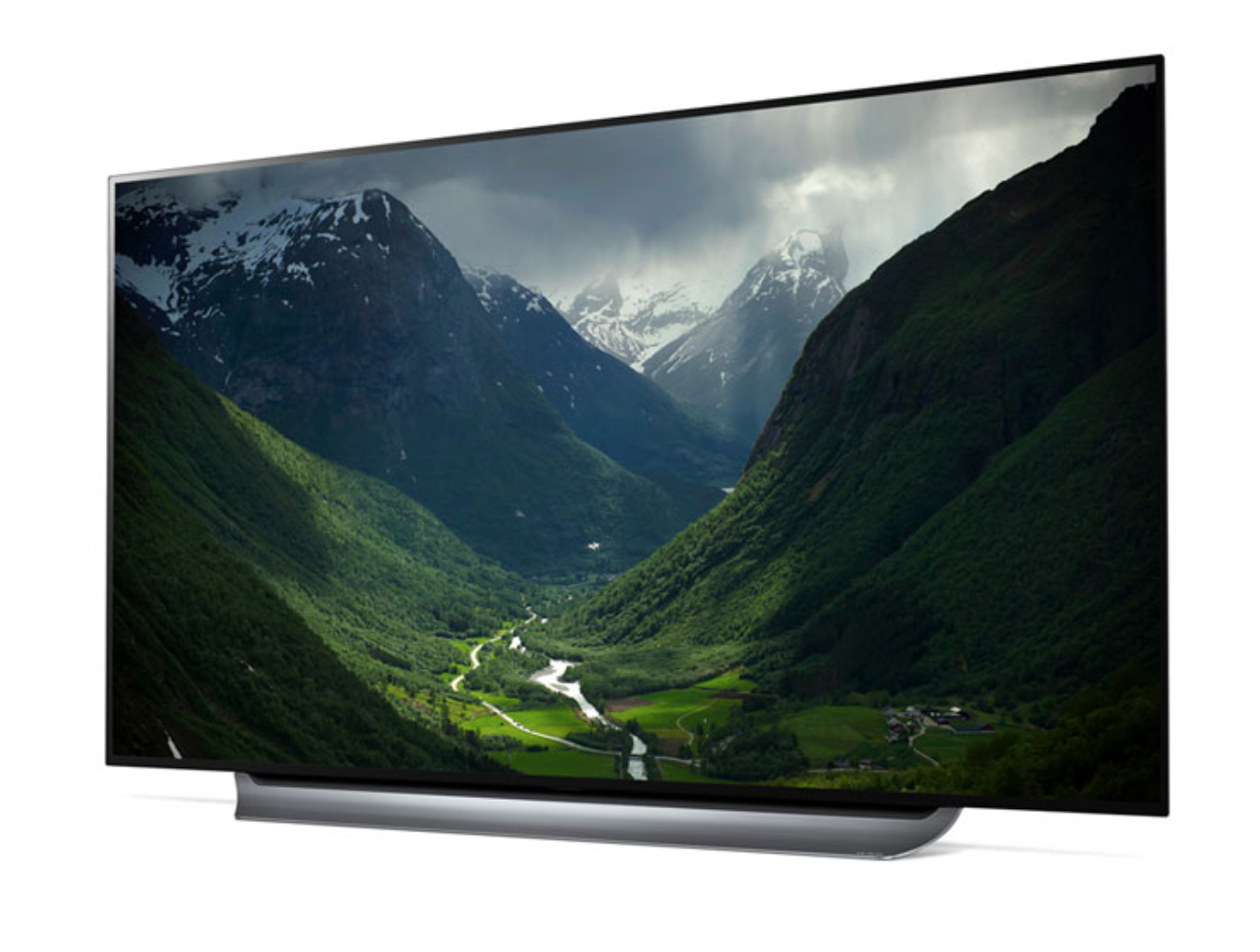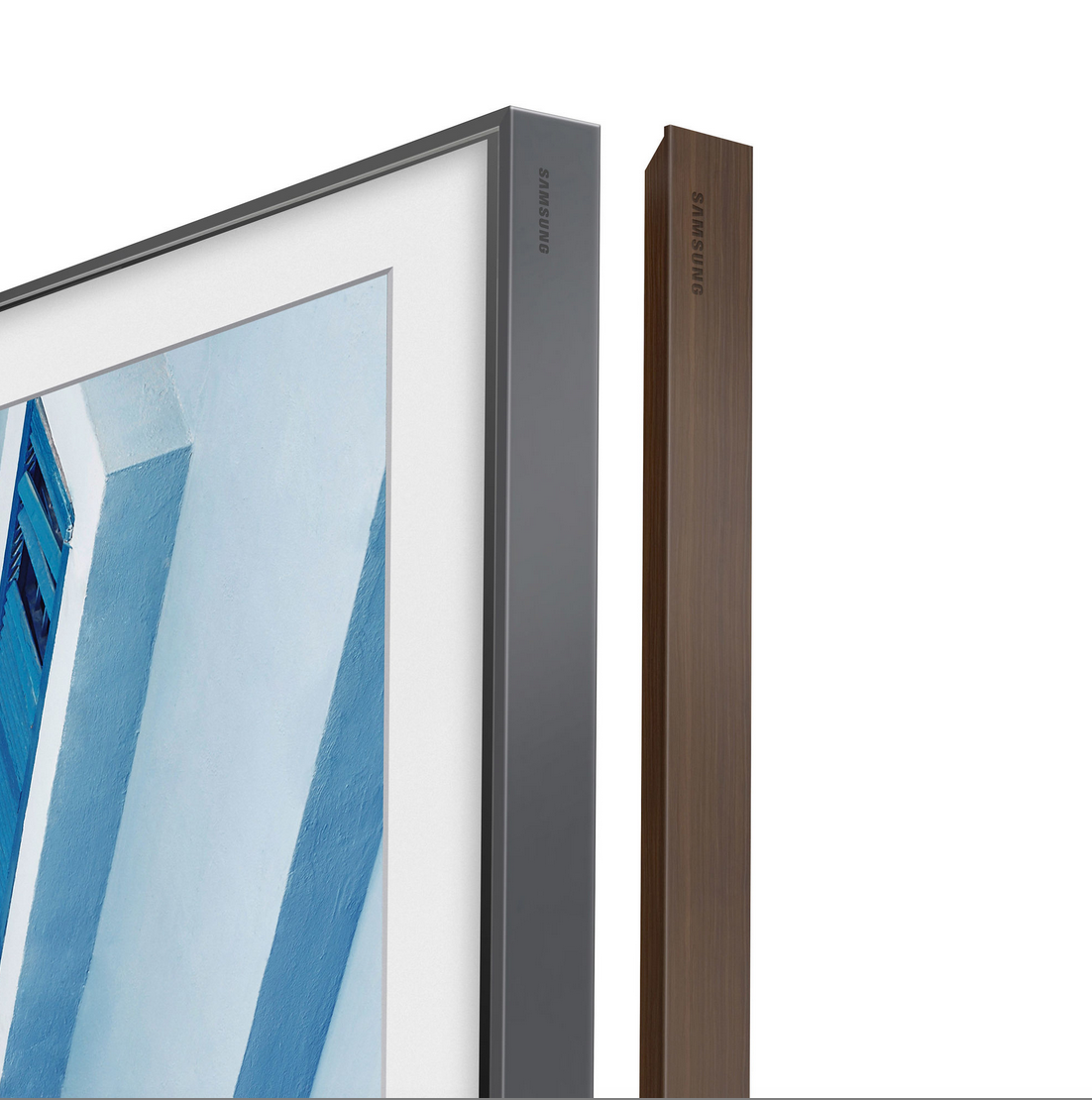
Samsung Slide-In Electric Ranges
Allegations: Failing to disclose that oven knobs can be activated by accidental contact due to a defect
In February 2018, a class-action lawsuit was filed against Samsung Electronics America for allegedly falsely advertising that Samsung Galaxy S7 phones are water-resistant when, according to plaintiffs, they are not. (Kolodziej et al v. Samsung Electronics America, Inc., Case No. 18-cv-768, N.D. Cal.)
For more of TINA.org’s coverage of Samsung, click here.
Allegations: Failing to disclose that oven knobs can be activated by accidental contact due to a defect
Allegations: Misrepresenting that the website does not collect data from visitors who disable tracking cookies or disclose their data to third parties
Allegations: Falsely marketing that televisions have features that they do not have
Allegations: Failing to disclose that appliances emit pollutants that are harmful to people
Allegations: Misleadingly marketing that smartphones of 128 GB of storage
Allegations: Misleadingly marketing the smartphone as durable
Allegations: Representing that it safeguards consumers’ personal data when such claims are not true
Allegations: Falsely marketing that the refresh rate (also known as the “Motion Rate”) of televisions is 120 Hz when the actual refresh rate is 60 Hz
Allegations: Misleading water-resistant claims
Allegations: Misleadingly marketing devices as having “supreme flexibility” when they don’t work as advertised
Allegations: Falsely marketing appliances as “fingerprint resistant” and failing to disclose that “black stainless steel” is actually regular stainless steel with a black coating that flakes and peels off
Allegations: Falsely representing the speed and storage capacity of Samsung Galaxy S4 smartphones
Allegations: Misleadingly advertising the black stainless steel finish on appliances as durable when the finish is a thin plastic coating that is prone to peel, chip and flake
Conditions about conditions.
Why the FTC should consider virtual influencers as it reviews its Endorsement Guides.
Big picture: Expert endorsements can be misleading.
These brand-relationship disclosures are far from world-class.
TV frame or frame TV? Which one is MoMA selling here?
